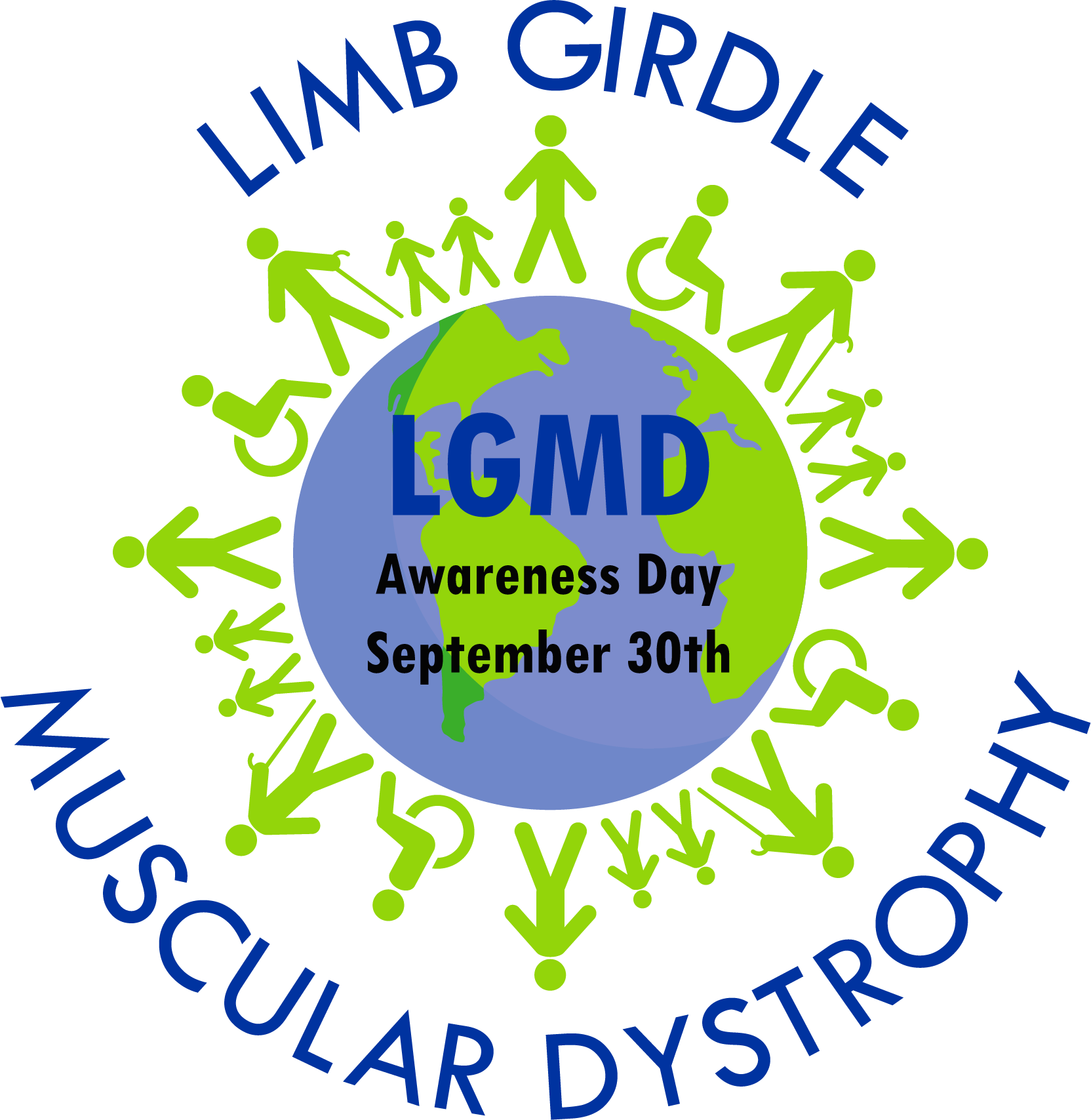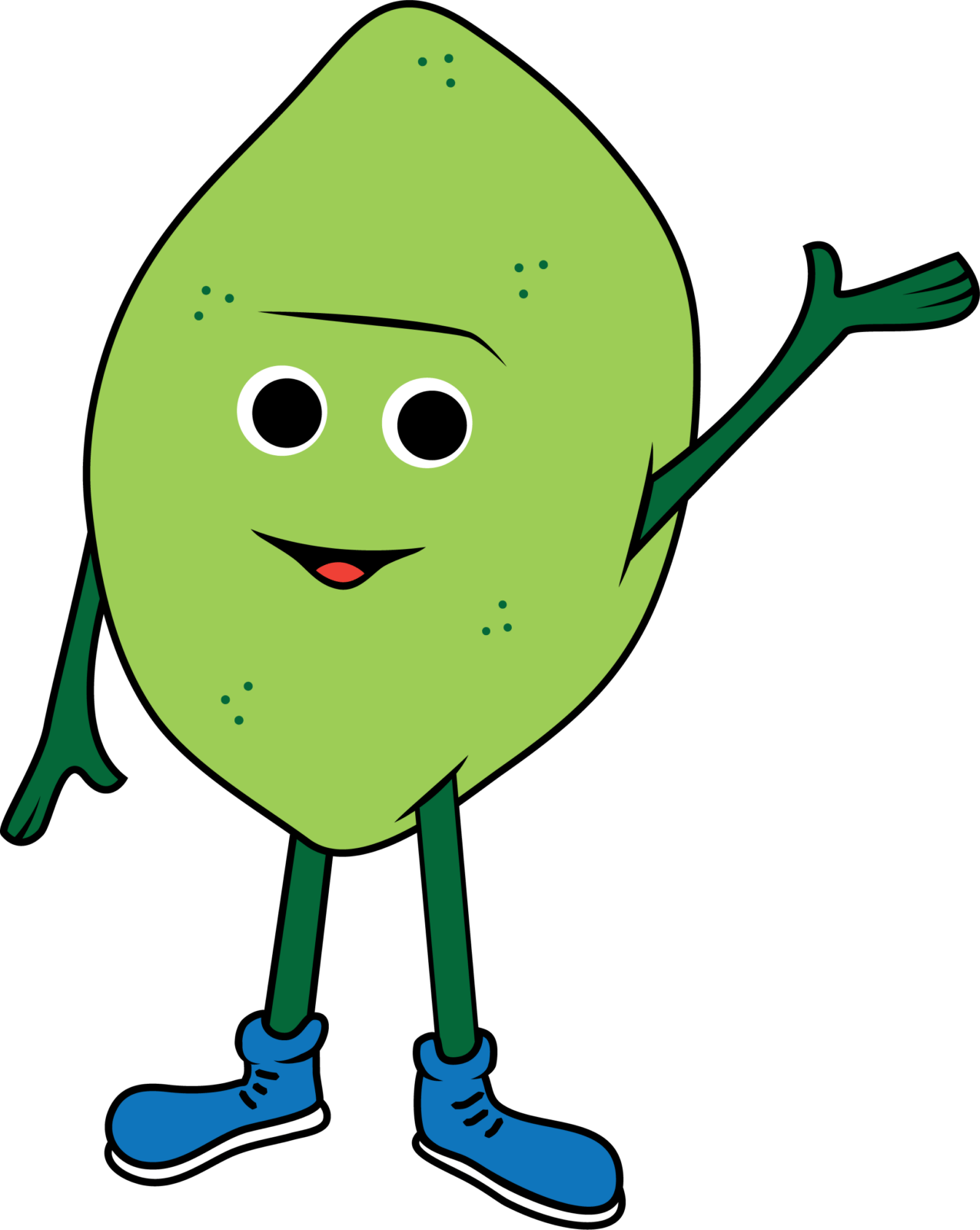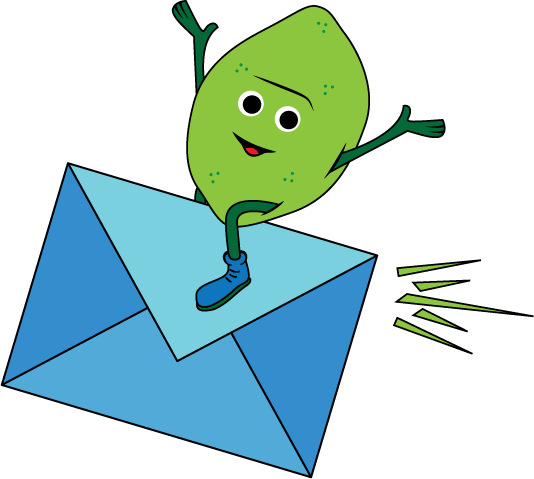LGMD CLINIC STAFF: Ursula Moore
LGMD Clinic Staff: Ursula Moore
Affiliation: John Walton Muscular Dystrophy Research Centre
Role or Position: Medical Doctor and PhD Candidate
What education and training did you have to arrive at your current position?
I attended medical school at Cambridge university including an intercallated MA. This was followed by junior doctor training in adult and pediatric medicine in Newcastle-Upon-Tyne and Merseyside.
What led you to follow a career in patient services and clinical care in muscular dystrophy in particular?
I joined the John Walton Centre in my early years as a newly qualified doctor before leaving to complete more training and then returning to the team. I wanted to be part of research which could make a real difference to people’s lives and feel that there is so much potential in muscular dystrophy to make advances which really will help people to live more easily and more comfortably.
What areas of clinic support or patient care are you most involved in?
I see patients for their outpatient review as part of their clinical care, along with a wonderful team of physiotherapists and specialist nurses. I enjoy getting to know our patients and thinking of strategies to help them, based on their condition and lifestyle. I am also involved in clinical trial work – seeing patients who are taking part in trials of new medications or other treatments.
I am currently doing a PhD working with patients with Dysferlinopathy, trying to determine what makes some people get worse so much more quickly than others. This is part of a large study called the clinical outcome study in Dysferlinopathy.
How does your work help patients? What are you most passionate about and excites you most about the future of LGMD Patient Care?
My day-to-day clinic work helps patients in terms of reaching a diagnosis and then providing an understanding and explanation of the many symptoms that patients experience – and helping to navigate a way through these problems.
I hope that my PhD research will allow clinicians to be able to predict what will happen for an individual patient with dysferlinopathy so that as new treatments are developed, they can be approved more quickly and reach the patients who will really benefit from them.
I am also working on a project looking at women’s experiences of pregnancy in LGMD and hope that this will allow doctors to understand more about what women with LGMD go through when they are pregnant and provide better advice to women who are hoping to become pregnant in the future.
What would you like patients and others interested in LGMD to know about NMD clinics who serve LGMD patients?
NMD clinics that see LGMD patients are an opportunity to see doctors, physiotherapists and specialist nurses who are experts in LGMD and have seen a lot of patients with different LGMDs. This means that they can often provide specialist expertise in reaching a diagnosis or suggesting ways to manage symptoms or improve a patients quality of life.
These clinics are often also linked to a lot of research activity, so that if clinical trials of new treatments are started then the NMD clinics will often find out early and may become a centre for recruiting to a clinical trail.
What inspires you to continue working in this field?
I am very fortunate to work with a passionate group of clinicians and support staff who allow me to follow my ideas and perform good research. However, it is the patients who provide the most inspiration – I am continually amazed at the resilience and positivity of many of the LGMD patients that we see, despite major difficulties and to be able to help improve their situation in some way is the perfect motivation.
What is one unique fact about you that many other people do not know?
I love to ski both downhill and uphill and have been the British ski mountaineering champion for the last 3 years.
How can patients encourage you and help your work?
Patients can be involved in every step of LGMD research. Of course, we need patients to take part in studies and answer questionnaires or consider if they would want to do so. However, I also like to involve patients from the beginning and am interested in suggestions of research areas that patients think are important – for example, my pregnancy research started from patients in clinic having questions that I could not answer. My research has been reviewed by patients before it is started or before questionnaires are sent out to make sure they are not full of Jargon and cover the areas important to patients. This sort of review is crucial to have relevant research that will benefit patients quality of life and if patients are interested then joining charities as a patient representative, or telling your clinician that you would be happy to help, can be a great way to inform the new research.








